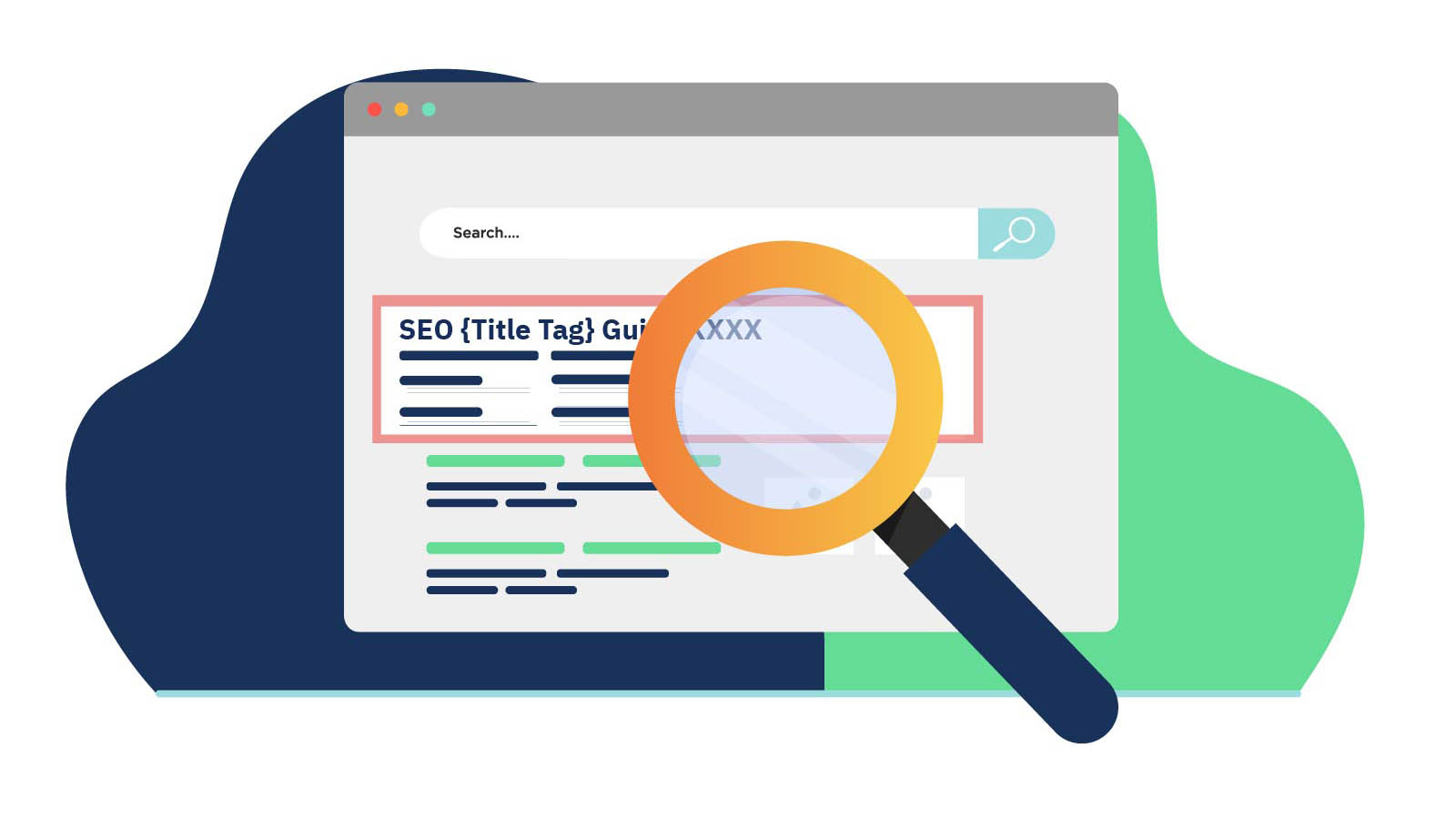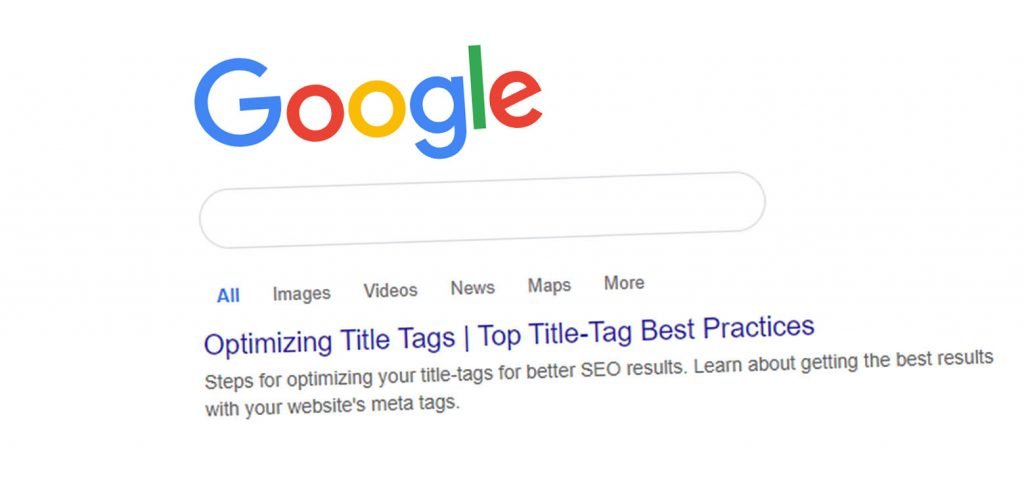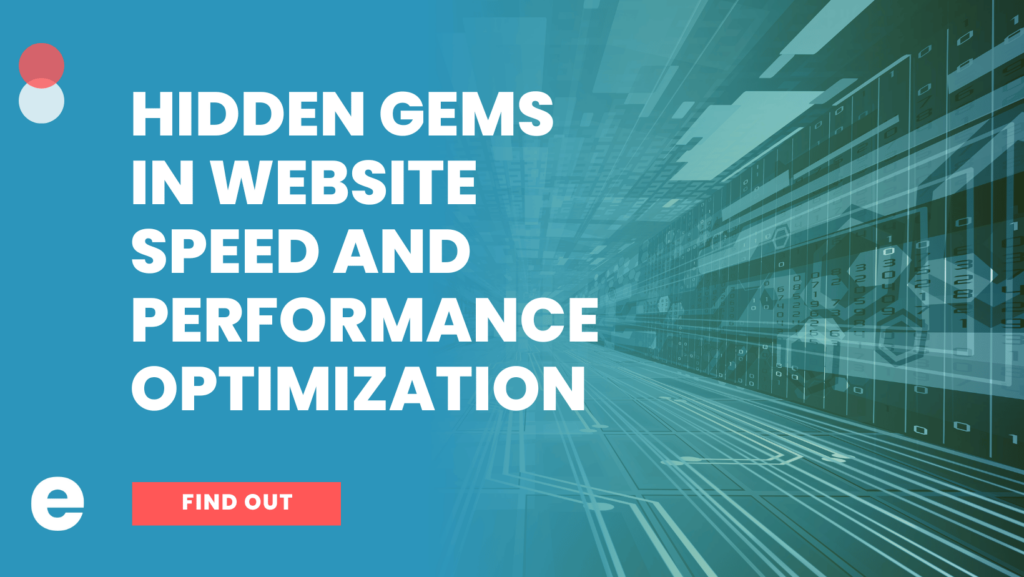In most industries, businesses find themselves in a very competitive digital landscape, when it comes to their website visibility and ranking for important business terms in the search engines. A strategic search engine optimization (SEO) strategy is critical for online success. Among the many factors that influence search engine rankings, meta-title tags emerge as a crucial element in optimizing web pages for search engines. This is one of the many SEO items that we manage for our client’s websites.
This guide will explain meta title tags, their importance, and how they can enhance your SEO strategy. Meta title tags are a crucial element in SEO. They help search engines understand the content of your webpage. By optimizing your meta title tags, you can improve your website’s visibility and ranking on search engine results pages.
Understanding Meta Title Tags
Meta title tags, also known simply as title tags, are HTML elements that define the title of a web page. They serve as concise summaries of the content contained within the page and appear prominently in search engine results pages (SERPs) as clickable headlines. Typically, meta title tags are displayed as the main headline when a webpage appears in search engine results, making them the first point of contact between users and your website.

The Importance of Meta Title Tags in SEO
- Visibility and Click-Through Rates (CTR): Meta title tags play a pivotal role in determining a website’s visibility in search results. A well-crafted title tag not only informs search engines about the content of the page but also entices users to click through to the website. A compelling and relevant title can significantly improve click-through rates (CTR), driving more organic traffic to your site.
- Search Engine Ranking: Search engines like Google consider meta title tags as a crucial factor in determining the relevance and context of a web page. Optimizing title tags with relevant keywords and phrases can positively impact search engine rankings, helping your website climb higher in SERPs for relevant queries.
- User Experience and Expectations: Clear and descriptive meta title tags contribute to a positive user experience by setting accurate expectations about the content of the page. When users see a title that aligns with their search intent, they are more likely to click on the link, leading to higher engagement metrics and improved website performance.
- Brand Identity and Recognition: Meta title tags offer an opportunity to reinforce your brand identity and establish brand recognition. By incorporating your brand name strategically within the title tag, you can enhance brand visibility in search results and foster trust among users searching for your products or services.
Best Practices for Meta Title Tag Optimization
- Keyword Research: Conduct thorough keyword research to identify relevant terms and phrases that align with your content and target audience. Integrate these keywords naturally into your meta title tags to signal relevance to search engines and attract users searching for those terms.
- Keep it Concise and Descriptive: Limit the length of your meta title tags to approximately 50-60 characters to ensure they display properly in search results. Craft titles that accurately summarize the page’s content while captivating the reader’s interest and encouraging clicks.
- Unique Titles for Each Page: Avoid duplicating meta title tags across multiple pages of your website. Each page should have a unique and distinct title tag that reflects its specific content and purpose. This enhances SEO and prevents confusion among users and search engines.
- Front-Load Important Keywords: Place the most relevant keywords and phrases near the beginning of your meta title tags to maximize their impact. Search engines give greater weight to terms appearing earlier in the title, so prioritize important keywords to improve visibility and relevance.
- Create Compelling Calls-to-Action (CTAs): Incorporate persuasive CTAs or offers within your meta title tags to encourage clicks and engagement. Phrases like “Shop Now,” “Discover,” or “Limited Time Offer” can incentivize users to click through to your website, driving traffic and conversions.
- Regular Monitoring and Optimization: Continuously monitor the performance of your meta title tags using analytics tools and make adjustments as needed. Analyze click-through rates, user engagement metrics, and search engine rankings to identify areas for improvement and refine your optimization strategy over time.

Stuck in a click-through rut? Your meta titles might be the culprit. These SEO powerhouses need periodic check-ups to see if they’re still attracting clicks and ranking well. Let’s explore the signs it’s time to refresh your meta titles.
- Content Revamps: You’ve significantly updated your webpage content. Titles should reflect the current information.
- Low Click-Throughs: Your titles aren’t generating clicks. Consider spicing them up with stronger verbs or targeting relevant keywords.
- Keyword Shifts: Search trends change. If your target keywords are no longer relevant, update titles to reflect new ones.
- Competitor Analysis: Competitors ranking higher often have optimized titles. Analyze theirs to see if yours can be improved.
At Enilon, we believe a strong SEO audit starts with a deep dive into meta titles. These titles are like headlines for your web pages, acting as the first impression for search engines and users alike.
Here’s why we prioritize meta titles:
- Keyword Relevance: We meticulously examine titles for relevant keywords. Titles that accurately reflect your content and target the right keywords signal to search engines what your page is about, improving ranking potential.
- Clarity and Concision: Enilon keeps titles clear and concise. Search engines favor titles under 60 characters, and users prefer easily digestible information. We craft titles that are informative while staying within character limits.
- Click-Through Rates: Enilon understands titles are a hook. We optimize titles to be compelling and encourage clicks. This involves using strong verbs and action words that pique user interest and drive traffic to your site.
By thoroughly analyzing and optimizing meta titles during the SEO audit, Enilon lays the groundwork for a successful SEO strategy. Well-crafted titles not only appease search algorithms but also entice users to delve deeper into your content.
In the realm of SEO, meta title tags are indispensable tools for enhancing the visibility, relevance, and clickability of your web pages. By optimizing title tags according to best practices and strategic keyword usage, you can bolster your website’s performance in search engine results and attract a larger audience of engaged users. Embrace the power of meta title tags as a cornerstone of your SEO strategy, and unlock the full potential of your online presence in the digital landscape. Book a strategy call today with Enilon and discover how we can bring your business to the next level.



